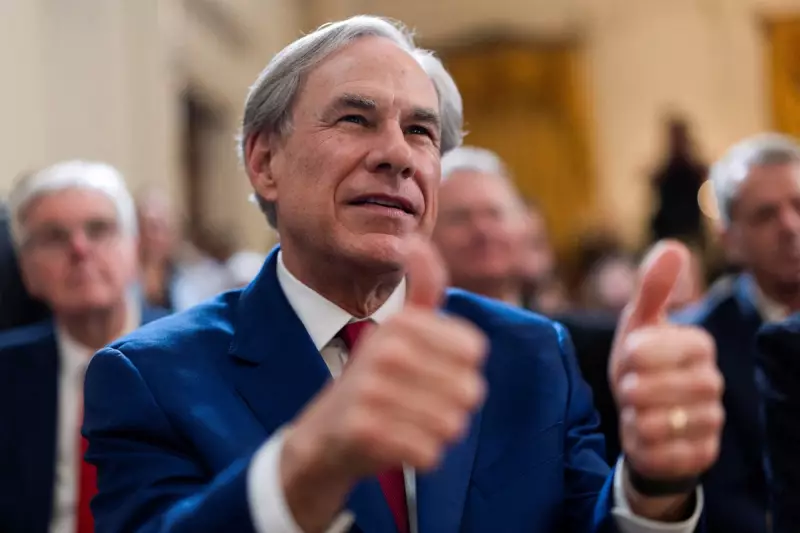
In an extraordinary confrontation that has brought the United States to the brink of a constitutional crisis, Texas Governor Greg Abbott has openly defied the federal government over border control authority. The Republican leader has invoked what he describes as Texas's "right to self-defence" against what he terms an "invasion" of migrants crossing from Mexico.
The Heart of the Dispute
The dramatic standoff centres on Shelby Park in Eagle Pass, a strategic border crossing point that Texas authorities have seized and fortified with razor wire and state troopers, effectively blocking federal Border Patrol agents from accessing key areas. This unprecedented move follows a Supreme Court ruling that sided with the Biden administration, allowing federal agents to cut through Texas's border barriers.
Governor Abbott's response has been unequivocal: "The Texas National Guard, the Texas Department of Public Safety, and other Texas personnel are acting under the constitutional authority... to secure the Texas border," he declared.
Constitutional Battle Lines Drawn
At the core of this political firestorm lies Governor Abbott's interpretation of the US Constitution's Article I, Section 10, which he claims grants states the power to defend themselves against "invasion" when the federal government fails to act. This constitutional argument has drawn both fierce criticism and strong support, creating deep divisions even within Republican ranks.
The situation has escalated to the point where 25 Republican governors have publicly backed Governor Abbott's stance, while the White House maintains that immigration enforcement remains exclusively a federal matter.
Humanitarian Concerns Mount
As the political battle intensifies, humanitarian organisations have raised alarms about the potential consequences. The American Civil Liberties Union and other advocacy groups warn that the state's actions could prevent migrants from seeking asylum and potentially lead to tragic outcomes along the treacherous Rio Grande river crossing.
Meanwhile, the Department of Homeland Security has issued a stern letter to Texas Attorney General Ken Paxton, demanding full access to Shelby Park by Wednesday and warning that the state's actions are "unlawful" and preventing federal agents from performing their duties.
National Implications
This confrontation represents more than just a border dispute—it strikes at the very heart of federal-state relations in America. The outcome could set significant precedents for how immigration enforcement is handled and redefine the balance of power between state and federal authorities for years to come.
As both sides dig in their heels, the nation watches anxiously to see whether this constitutional standoff will be resolved through negotiation or escalate further into uncharted legal territory.





